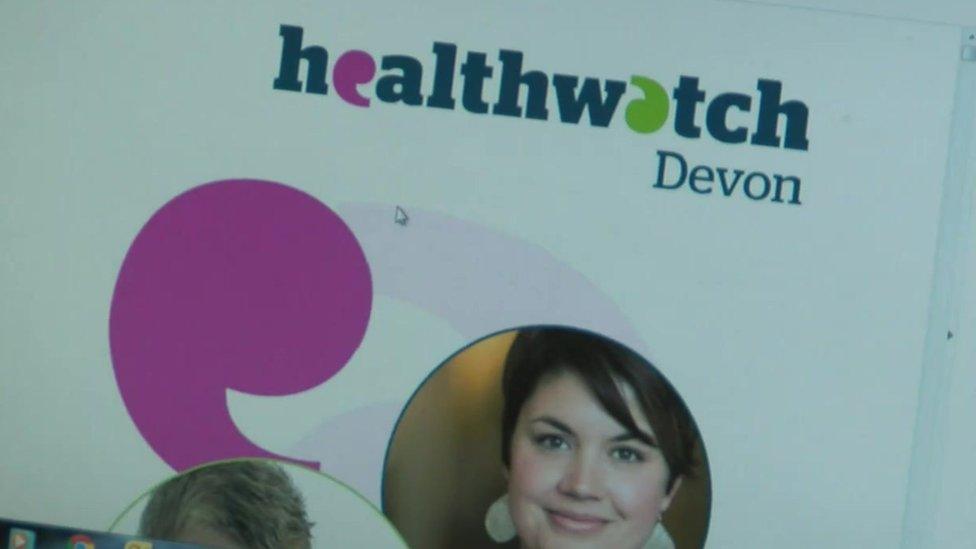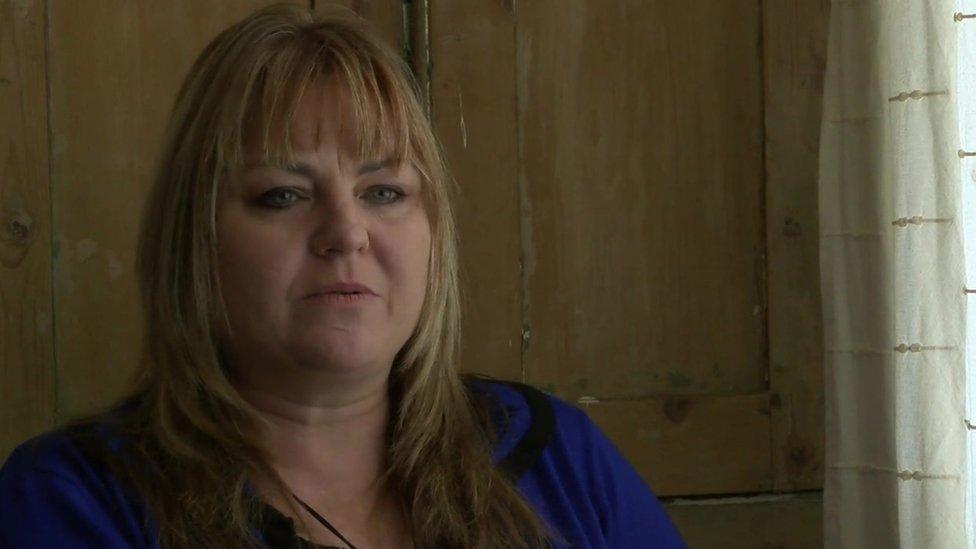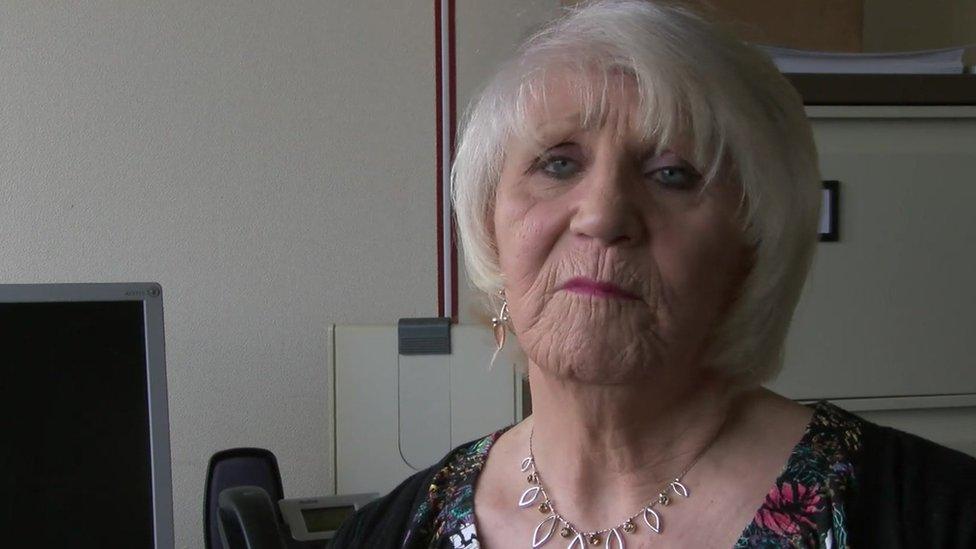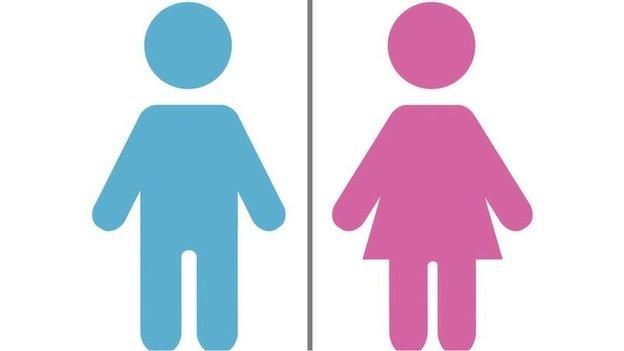NHS letting transgender people down, Devon report says
- Published

The report from Healthwatch Devon asked 149 people about their experiences of transgender health services
The NHS is letting transgender people down, according to a report.
More than 140 transgender people from across the country took part in research carried out by Healthwatch Devon.
Waiting times for sex-change operations, which should be less than 18 weeks, are sometimes as much as 21 months, the report said.
Communication with patients was deemed to be "poor", with many experiencing incidents of "prejudice".
It also said that demand for services for transgender people was increasing each year - but there were not enough specialist services to cope.
Healthwatch Devon is an independent body which gathers the views of NHS patients to help influence the delivery and design of local services.

Transgender
This is an umbrella term for people whose gender is different from their "assigned" sex at birth - that written on their birth certificate. Gender can refer to one's own internal sense of being a man or woman, or another type that does not fit either category. Gender can also be expressed externally - through clothing, behaviour, body characteristics and so on. Transgender can be shortened to "trans".
In 2010, the Gender Identity Research and Education Society estimated the number of trans people in the UK, external to be between 300,000 and 500,000.
Gender is different from sexual orientation. Transgender people can be straight, gay, lesbian or bisexual.


Caroline Lee from Healthwatch Devon wrote the report into transgender health services
The author of the report, Caroline Lee from Healthwatch Devon, said: "We found that lots of people waited for many years to get the treatment they are entitled to, and during that time a lot of people are becoming quite anguished and depressed.
"A lot of people have self-medicated in unsupervised circumstances and they have gone off and got treatment which probably wasn't always safe."
Treatments include hormone therapy, hair reduction, sex reassignment surgery and speech and language therapy to help alter the patient's voice.

Carol Steele runs Transfigurations Support Group
In written evidence in the report, NHS England said there appeared to be a particular problem with some GPs who refused to prescribe hormone therapy to transgender and non-binary individuals, even though they had been advised to do so by physicians in specialist gender identity clinics.
One respondent said: "I had to go through 18 months of local protocol just to get a referral. It wasn't great as I really needed to see a gender specialist earlier. Thank goodness I have friends who I came out to."
Carol Steele, who runs Transfigurations Support Group, said transgender people often faced prejudice from doctors: "For someone who is transgender they have probably taken years to pluck up the courage to go to their GP and ask for help."
The report will be presented to NHS health bosses in London in May.
A statement from NHS England said: "We're very grateful to Healthwatch for carrying out this work. In line with the report's findings we will be increasing investment from next month in local gender identity clinics to reduce waiting times."
- Published21 February 2016

- Published14 January 2016

- Published3 June 2015
